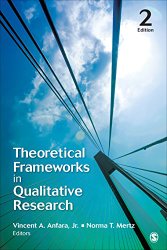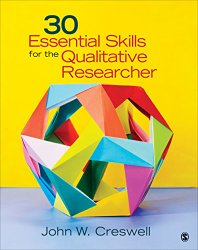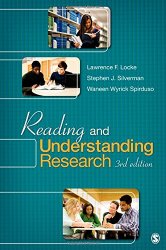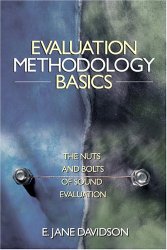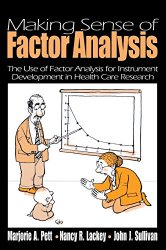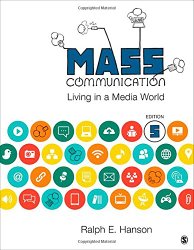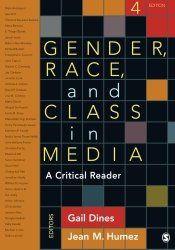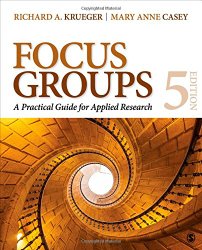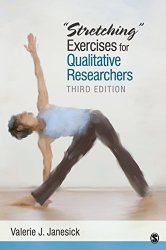The Second Edition of Theoretical Frameworks in Qualitative Research, by Vincent A. Anfara, Jr. and Norma T. Mertz, brings together some of today’s leading qualitative researchers to discuss the frameworks behind their published qualitative studies. They share how they found and chose a theoretical framework, from what discipline the framework was drawn, what the framework posits, and how …
SAGE Publications
30 Essential Skills for the Qualitative Researcher fills a gap in introductory literature on qualitative inquiry by providing practical “how-to” information for beginning researchers in the social, behavioral, and health sciences. Author John W. Creswell draws on years of teaching, writing, and conducting his own projects to offer effective techniques and procedures with many applied examples from research design, qualitative …
Ideal for students, novice researchers, or professionals, this indispensable resource serves as a road map for readers who need to analyze and apply research findings. It helps them think critically about the credibility of what they are reading by showing them how to identify problems and develop constructive questions.Key FeaturesAssumes no prior knowledge of research proceduresProvides readers with …
Evaluation Methodology Basics: The Nuts and Bolts of Sound Evaluation
Evaluation Methodology Basics: The Nuts and Bolts of Sound Evaluation provides a step-by-step guide for doing a real evaluation. It focuses on the main kinds of “big picture” questions that evaluators usually need to answer, and how the nature of such questions is linked to evaluation methodology choices. Jane Davidson explains how to combine a mix of qualitative …
Making Sense of Factor Analysis: The Use of Factor Analysis for Instrument Development in Health Care Research presents a straightforward explanation of the complex statistical procedures involved in factor analysis. Authors Marjorie A. Pett, Nancy M. Lackey, and John J. Sullivan provide a step-by-step approach to analyzing data using statistical computer packages like SPSS and SAS. Emphasizing …
Skills to Succeed in Today’s Media World Designed to give students the media literacy principles and critical thinking skills they need to become smart consumers of the media, Mass Communication: Living in the Media World provides comprehensive yet concise coverage of all aspects of mass media, along with insightful analysis and fun, conversational writing. In every chapter, students …
This provocative new edition of Gender, Race, and Class in Media engages students with a comprehensive introduction to mass media studies. Editors Gail Dines and Jean M. Humez present new and classic readings that critically analyze some of the most pervasive and influential forms of media entertainment culture, including advertising, reality tv shows, sitcoms and dramatic series, pornography, …
This updated edition of Focus Groups: A Practical Guide for Applied Research walks readers step by step through the “how-tos” of conducting focus group research. Using an engaging, straightforward writing style, authors Richard A. Krueger and Mary Anne Casey draw on their many years of hands-on experience in the field to cut through theory and offer practical guidance …
In this updated version of her innovative book, author Valerie J. Janesick extends her dance and yoga metaphors to strengthen her argument that tapping into one’s artistic side―the side that is more creative and less inhibited―is fundamental to realizing one’s potential as a qualitative researcher. This Third Edition provides a series of exercises that are both imaginative and …
Proposals That Work: A Guide for Planning Dissertations and Grant Proposals
Previous editions of this book have helped well over 100,000 students and professionals write effective proposals for dissertations and grants. Covering all aspects of the proposal process, from the most basic questions about form and style to the task of seeking funding, Proposals That Work offers clear advice backed up with excellent examples. Ináthe fifth edition, the authors …
